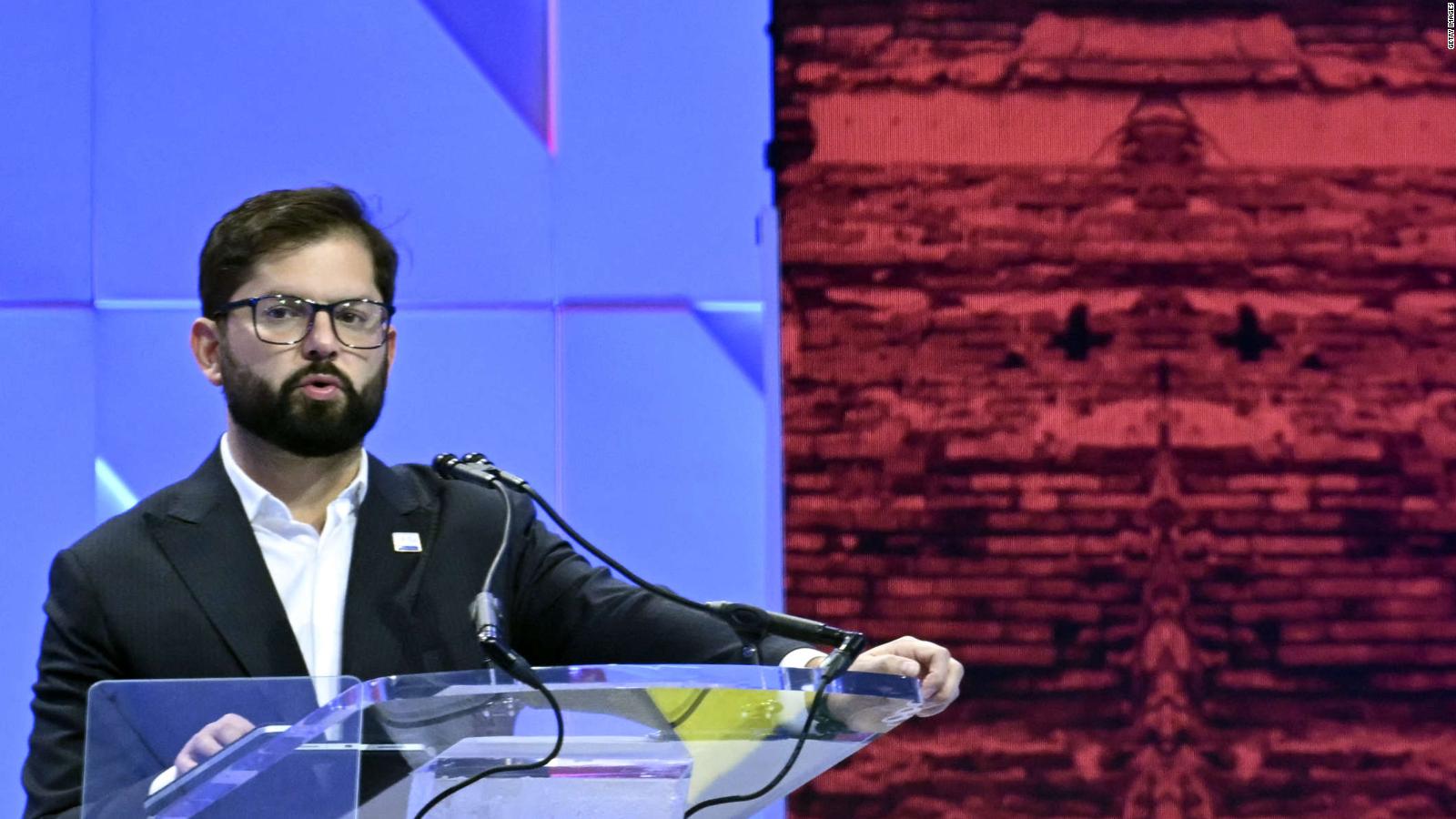Chilean President Refuses to Break Relations with Venezuela Amid Tension
The president of Chile, Gabriel Boric, firmly ruled out breaking diplomatic relations with Venezuela despite tensions following statements from the Venezuelan attorney general, Tarek William Saab. Saab had accused Chilean agents of involvement in the kidnapping and murder of retired Venezuelan military officer Ronald Ojeda without presenting any evidence. Boric emphasized the importance of dialogue in international relations, stating, 'The way to solve problems is by talking, not by stopping talking.' He reiterated that the Chilean Prosecutor’s Office and Public Ministry have the government's full support in the ongoing investigation to ensure justice is served.
Adding to the tension, the Chilean Government presented a formal note of protest in response to Saab’s assertions, underscoring Chile’s commitment to justice and the integrity of its institutions. Nevertheless, Boric was clear in maintaining diplomatic ties with Venezuela, asserting, 'We are going to insist at all levels, without naivety, for this to change.' Boric also suggested that bilateral and multilateral cooperation would be pursued to ensure the resolution of the case, stating that all mechanisms in foreign relations would be exercised to prevent impunity.
Diplomatic Efforts Amidst Accusations
In a significant diplomatic move, Chile’s Minister of Foreign Affairs, Alberto van Klaveren, was directed to present the protest note to the Venezuelan ambassador to Chile. Boric criticized Saab’s claims, which suggested that the investigation into Ojeda’s murder lacked professionalism. He emphasized the complexity of the case and expressed his commitment to seeking comprehensive justice through international and multilateral collaborations. Boric acknowledged the constitutional constraints regarding extradition in Venezuela but highlighted the potential role of organizations like Interpol in resolving such cases.
The murder of Ronald Ojeda has drawn considerable attention due to its unusual execution. Ojeda, a political refugee, was kidnapped from his Santiago apartment by men disguised as Chilean police officers. The incident, marked by the absence of a ransom demand and the discovery of Ojeda’s body buried in cement, has been linked to political motives. This complexity underscores the critical need for cross-border collaboration to ensure justice.
Political Relations in Latin America
Boric also commented on broader political shifts in Latin America. Reflecting on his relationship with Argentinian President Javier Milei, Boric stressed the importance of fostering strong institutional ties regardless of personal differences. He articulated the necessity for politicians and civil society to promote coexistence and a collaborative approach to governance. In a region grappling with the rise of extremist policies, Boric called for unity in building a better society, highlighting the deep-rooted differences with the political right while advocating for cooperative efforts for the country’s improvement.
Boric's stance signifies a balanced diplomatic approach, emphasizing serious and sustained international cooperation to address complex issues while maintaining diplomatic channels even amid challenges.
- During an intervention at La Moneda, Boric emphasized the need for firm and clear responses when national institutions are questioned or denigrated. This was particularly pertinent following the Venezuelan prosecutor's comments suggesting that the Chilean investigation into Ojeda's murder was unprofessional.
- Despite the evident challenges, Boric indicated that bilateral cooperation is vital in such complex cases. He mentioned looking into previous cases in other countries where international bodies like Interpol have played a role in resolving similar issues, highlighting the necessity of uncovering the full truth and ensuring justice for Ojeda.
- The ongoing investigation has already led to the detention of a 17-year-old Venezuelan youth in Chile, indicating some progress. However, the refusal of the Chilean Prosecutor’s Office to grant full access to the Venezuelan prosecutors looking into the case signifies lingering distrust and the need for a more collaborative effort moving forward.






